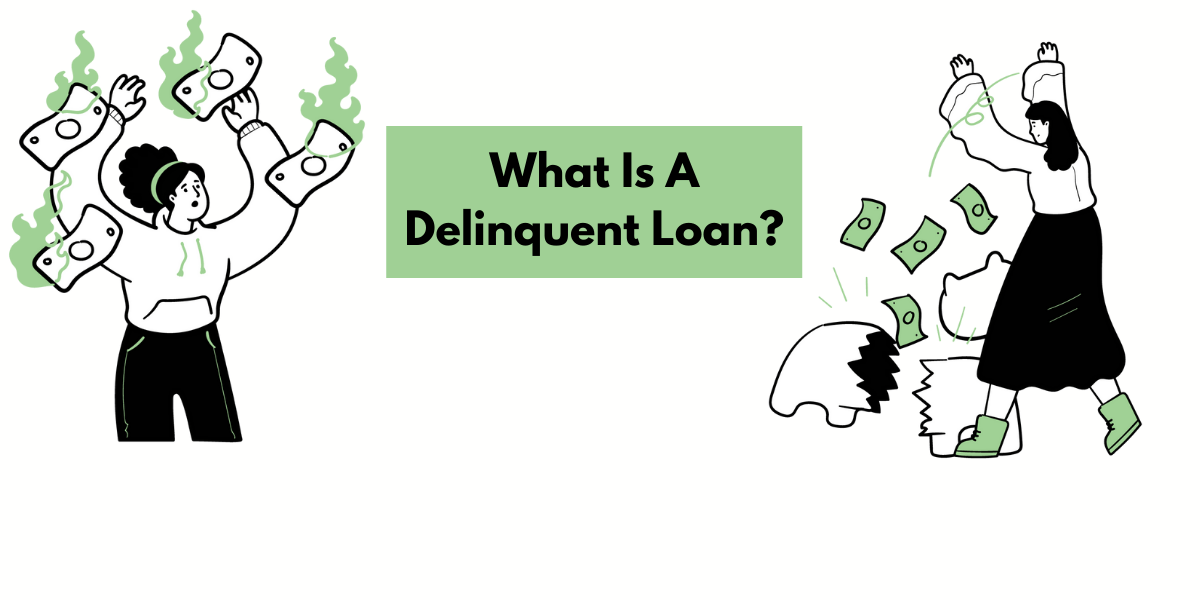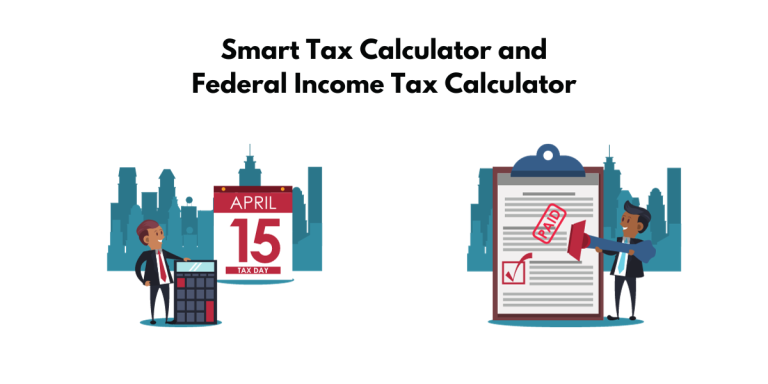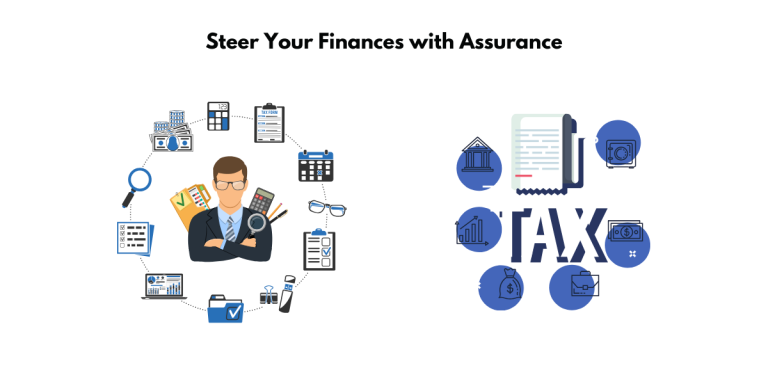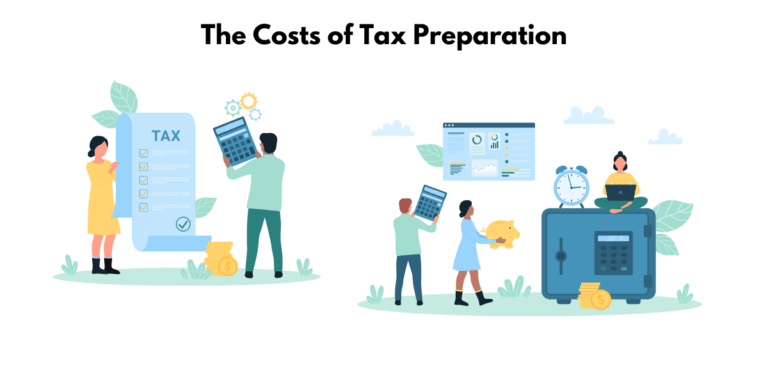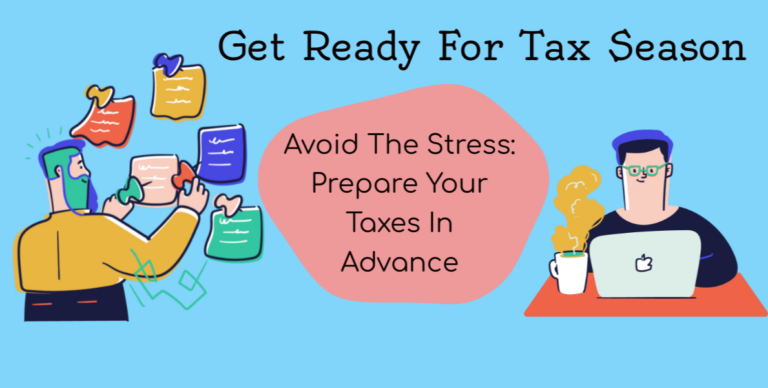Delinquent Loan 101: Everything You Need To Know About Delinquent Loans
Everything You Need To Know About Delinquent Loans
The article is an introduction to how delinquent loans work. It provides some tips and advice for consumers struggling with their delinquent loan payments, including some information about the consequences of defaulting.
The delinquency rate for student loans has been on the rise. When students default, it can be a financial burden to their parents and others in the family who may have co-signed for them.
More than one-third of Americans owe money on a debt and have not made payments in the past 60 days. This means that there’s about $1 trillion worth of delinquent loans out there. These delinquencies can cause serious financial consequences for consumers, so it is important to understand what these loans are about and how they work.
The most common types of delinquent loans include unpaid taxes, payday advances from a bank or an unlicensed lender, medical bills (or hospital fees), or utility bills. These loans are all different, but they share the same purpose of being a loan where the borrower is delinquent on his payments and will not be able to make them in time.
Here’s a short overview of the steps that should be taken to get back on track when you are in delinquency:
- Find out what caused your default.
- Get help from a reputable lender and debt counselor.
- Consider filing for bankruptcy to benefit you financially or legally (these filings can take up to 7 years).
The most important thing to remember is that delinquent loans are not good for many borrowers. If you have missed payments, make sure the loan will be in your best interest before signing on for any delinquency or default plan.
The Department of Consumer and Business Services has several options to protect yourself from the damage caused by delinquent loans. These options include:
- Drafting policies that warn borrowers about the risks
- Exploring common loan repayment plans
- Developing new regulations for lenders

What is a delinquent loan?
A delinquent loan is a loan that becomes overdue. The default date for the payment or non-payment of a delinquent loan varies by lender and can be modified during the life of the loan. If you pay off your delinquency after it becomes delinquent, there might not be any further consequences, but there are typically penalties to consider if you miss your due date.
Many people are in debt and struggling to pay their bills. For some, this means turning to a delinquent loan or alternative lenders for assistance. Delinquent loans come with high-interest rates that can be difficult for borrowers to repay over time, which is why it’s important not only to know the risks involved but also how these types of loans work.
When you have defaulted or are in delinquency, your credit score will be damaged and need to be repaired by managing financial obligations for future loans.
The most important thing about handling your debt payments responsibly is paying them off before they become delinquent so that it does not affect your finances further down the line.
An important thing to know about delinquent loans is that the first-time or past delinquencies don’t matter; it’s just the first late payment. As long as you can make your payments on time from then on, there will be no consequences for future delinquencies.
Depending on the terms of your loan, the consequences can vary from simply having interest and late fees added to ruining your credit score entirely. It’s important to know how delinquency affects loans because it might affect you differently depending upon when you enter into repayment status.
A delinquent loan is bad credit that has not been paid on time. This typically occurs when the borrower falls behind in payments or fails to make scheduled payments. As a result, if you fall into delinquency, your account will be sent for collection, and lenders may take legal action against you.
To avoid becoming delinquent with loans after each payday and being forced to pay off outstanding balances by defaulting on future obligations, it’s important to carefully track all of your loans so that no one else takes them over and becomes delinquent. Make sure to pay on time each month so that you can avoid delinquency in the future!
Delinquent loans can result in the borrower being sued by the lender, resulting in legal fees or even repossession. To avoid this outcome, borrowers need to be cautious when borrowing money from lenders who require repayment within a certain timeframe.
Timeline of debt delinquency
A delinquent loan is one that the borrower has not made a payment on, and the lender has taken legal action to recover it. There are different stages of delinquency, which can lead to various consequences for both parties.
The timeline of debt delinquency is when a creditor responds differently and with different repercussions. Most creditors consider an account delinquent as soon as you miss a payment, while some may wait until the next billing cycle or month to take action.
If a person is late on their payments, they are usually charged an additional fee. The timeline of the delinquency will change depending on how many days late the payment has been and varying state laws.
If you’re struggling to make payments on your debt, there are a few steps that can help you get back in the black. The timeline below outlines how long it takes before delinquent status begins and what happens next if you continue not making payments.
Debt delinquency is the point at which your debt becomes past due. On average, it takes approximately 2-3 years for a delinquent account to become defaulted and removed from credit reports.
Delinquent loans are defined by the late date
Delinquent loans are defined by the late date, typically the day after a loan payment is due. A delinquent loan can negatively affect your credit score if you miss payments or cannot make them for an extended time.
The definition of a delinquent loan is that it has not been paid on time. If you miss payments, then the borrower will default and be in breach of contract.
Delinquent loans are defined by the late date. If you miss a payment, make sure to contact your loan servicer before skipping another one.
How will I know if a loan goes into default?
A loan goes into delinquency when the borrower does not pay on time. If the lender sends a notice, some action will likely be taken against the borrower. A debt may also default if collection efforts are unsuccessful and collections cannot be collected from another source.
To determine if a loan is in default, the lender may consider many factors. The amount of time that will pass before it goes into default depends on how long you have been delinquent or your payment plan when you initially signed up for the loan.
If you are a business owner and your loan is delinquent, the lender will first send a letter to inform you that they expect payment in 30 days. If after this deadline has passed, they can start foreclosure proceedings.
If you are at risk of defaulting on a loan, certain things can be done to minimize the damage. However, if your debt is too high, it may not make sense financially anymore. Some advice includes collecting all your statements and documents in case they need to file for bankruptcy or foreclose on the property.
What happens once a loan goes into default?
A delinquent loan is when a borrower has failed to make payments on the loan. Lenders will take the next steps based on whether it’s an unsecured or secured loan, and they want to ensure that they’ll get their money back plus interest. There are three ways that lenders can secure loans: personal guarantee, a lien on assets, and collateral. Unsecured loans are hard to come by, so lenders only pursue these if there aren’t any other options left.
Once a loan goes into default, it means the borrower cannot make payments. The lender will enforce a Lien or Personal Guarantee on your property, leading to loss of equity in future loans. Depending on what state you live in, lenders have different procedures for enforcing delinquent loans, and collection efforts by the lender vary as well.
If you miss a payment on your loan, it will go into default. The lender may contact the borrower and negotiate to come up with an agreement that would allow them to continue making payments for the outstanding balance of their loan not to increase significantly.
When a loan goes into default, it can lead to the borrower’s assets being seized, or they may be required to enter bankruptcy. However, lenders are understanding and strive to help business owners get back on track by offering flexible payment plans so that businesses do not go under the due COVID-19 pandemic.

What happens when a loan becomes delinquent?
Delinquent loans are loans that have not been paid. In most cases, delinquent loans can have three consequences: financial penalties and interest rate change. Lender policies change the timeframe for penalty rates. Financial penalties are usually late fees or a new penalty rate imposed by lenders. One lender may charge a late fee while another doesn’t.
When a loan becomes delinquent, different penalties depend on the lender. If you make your payments before it goes into default, it will be current again, and you can avoid these consequences. It’s important to stay proactive with lenders because they’ll be more willing to work with borrowers who do so for them not to incur additional costs or the risk of having their loans go into default.
Your lender may be willing to reduce or delay payments if you can provide them with some documentation that will help your case. Unfortunately, many business owners are in difficult financial situations due to the COVID-19 pandemic. This has led lenders and borrowers to work together for the best outcome.
If you have made a payment late on purpose, it is important to give up and continue working on reaching an agreement with your creditor.
Late fees and penalty rates
Loan agreements often allow late fees after a grace period. Some loan terms also allow for penalty rates when the borrower is past due payments. The schedules of late fees and penalties vary by lender, so it’s important to understand what you’re getting into before taking out a loan.
Some will charge a fee if you are even one day late. Others are more lenient and only charge fees after a week or two, but these companies often have automatic deductions from your bank account.
In late payment, some companies do not charge interest on the principal amount but instead charge additional fees. For example, Lending Club charges 5% of any outstanding principal balance or $15, and Funding Circle charges 15%. Kabbage only imposes a fee if your total debt is greater than $100, while BlueVine applies this type of penalty rate when your account falls below 3%.
Credit score
When a loan becomes delinquent, the lender will send a late payment notice and collection notices to the borrower. The impact these have on your credit score decreases with every passing year.
When trying to get a loan, one of the first things lenders will look at is your credit score. The best way for people with bad or no credit scores to improve their scores is by deleting old debt and filing new ones that have been paid off.
The seven-year period in which delinquencies fall off your report has changed recently because of changes in reporting information, so be sure to check if anything false shows up on your reports!

What to do if you have a delinquent loan
Lenders will contact you if you have a delinquent loan to request payment. You can negotiate your repayment terms with the lender or try and work out an arrangement yourself. If you don’t make any effort to pay off your debt within 30 days after receiving a letter from the lender, then that is considered a default on your part. The lender may take this as an opportunity to file for bankruptcy against you, sell or transfer the debt, or start legal proceedings against you in court.
If you have a delinquent loan, there are many ways to resolve it. If the amount of money you owe is not too much (less than $250), then your best bet would be to lie about how much money you owe, so they don’t know the whole story. You can also pose as law enforcement to get them off your back by pretending that they’re harassing or threatening criminal activity against yourself or someone else in exchange for payment on overdue loans. If you don’t want to lie or pose as law enforcement, the best option is to report false credit information to your bank account.
How to approach your lender
If you have a delinquent loan, it’s not too late to talk to your lender and figure out how they can help you. Sometimes the lender will offer lower installment payments or a payment plan to help you get back on track. The most important thing is to start talking with your lender and figure out how to help you!
If your lender or debt collector contacts you, do not panic. Remember to remain calm and follow the advice of these professionals. There is no harm in asking for help if you cannot pay back a loan that was given out without any security on your assets.
To avoid legal consequences, you must know how the law enforcement system works. If a client owes money and cannot pay their debt back in full, then some steps can be taken by them before proceeding with arrest or threats of arrest.
Understand your rights as a borrower
If you have problems with a delinquent loan, understanding your rights as a borrower can help. Lenders are not allowed to make calls or send emails if the loan is delinquent. If the lender is harassing you, it’s important to know what they cannot do and how to contact them.
If you are a borrower, it is important to understand your rights and the consequences of defaulting and late payments. You should contact the attorney general in your state if they do any of the above (except to get frequent calls and emails). Furthermore, if you become more delinquent than expected on loan repayment terms, try to send in payment before it goes into default by contacting lenders that have filed for foreclosure or bankruptcy.
Automatic payments
A delinquent loan is a loan that has not been fully paid back on time. It can happen for many reasons, and the best thing to do in these situations would be to contact your lender or bank. If you set up automatic payments, it might fail if there is an issue with the payment schedule.
If you’re making an automatic payment, such as a Direct Debit, you have the power to retry it. When they fail because of insufficient funds or other issues with their bank account, try again in 24 hours and see if there’s been any change.
Furthermore, automatic payments are an excellent way to make sure you’re always on top of your bills and that you never miss a payment. Although not all banks offer this service, it is still worth looking into to organize your finances.

